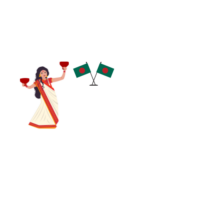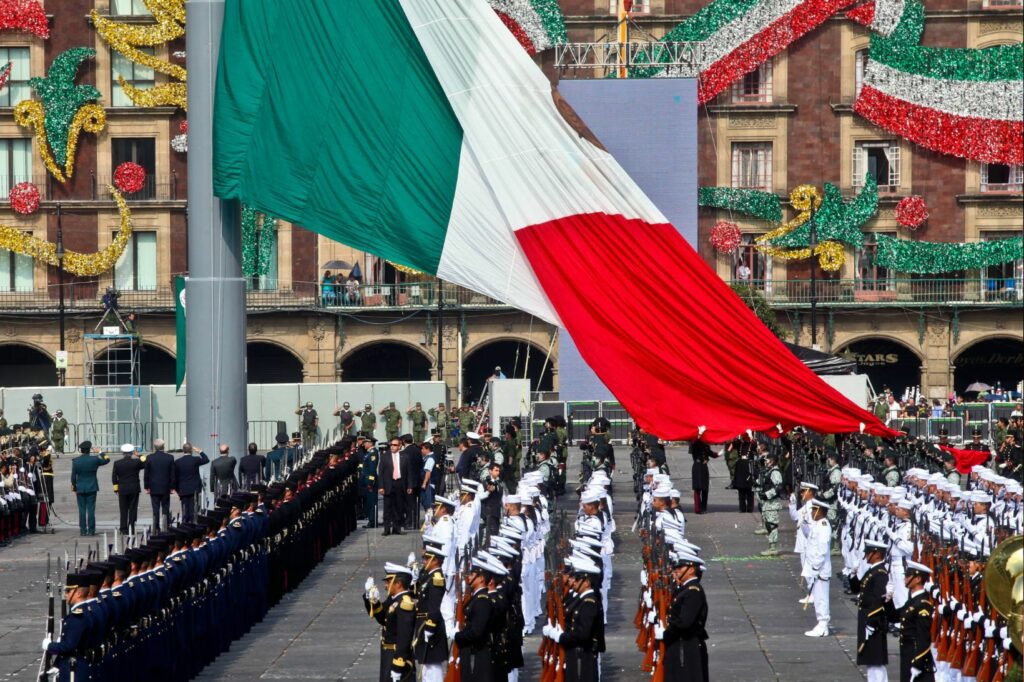Mexico’s vibrant tapestry of festivals and celebrations offers a glimpse into the country’s rich cultural heritage and dynamic spirit. From the bustling streets of Mexico City to the serene beaches of Cancun, every corner of the nation comes alive with colorful parades, traditional music, and joyous gatherings. These events, deeply rooted in history and tradition, showcase the unique blend of indigenous and Spanish influences that shape Mexican identity.
Each festival tells a story, whether it’s the solemn remembrance of Día de los Muertos or the lively festivities of Cinco de Mayo. These celebrations not only honor the past but also bring communities together in a shared expression of pride and unity. As travelers explore Mexico’s diverse festivities, they’ll discover a world where ancient customs meet modern revelry, creating unforgettable experiences that capture the heart and soul of this enchanting country.
Mexico Festivals And Celebrations
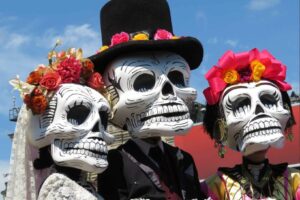 Mexico’s festivals and celebrations embody its rich cultural tapestry, showcasing a vibrant mix of traditions. These events contribute significantly to the country’s identity. Notable festivals occur throughout the year, attracting both locals and tourists eager to experience the unique customs and joyous atmosphere.
Mexico’s festivals and celebrations embody its rich cultural tapestry, showcasing a vibrant mix of traditions. These events contribute significantly to the country’s identity. Notable festivals occur throughout the year, attracting both locals and tourists eager to experience the unique customs and joyous atmosphere.
Día de los Muertos, occurring on November 1 and 2, stands out among these celebrations. Families honor deceased loved ones by creating altars decorated with marigolds, photographs, and favorite foods, combining both indigenous rituals and Catholic traditions.
Cinco de Mayo, celebrated on May 5, commemorates Mexico’s victory over France in 1862. While its recognition is broader in the United States, the event features parades, music, and traditional foods in various Mexican states, particularly in Puebla.
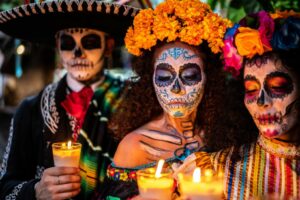 Semana Santa (Holy Week), marking the week leading up to Easter Sunday, blends solemn religious observance with festive processions. Cities like San Miguel de Allende and Oaxaca host elaborate reenactments of biblical events, drawing large crowds.
Semana Santa (Holy Week), marking the week leading up to Easter Sunday, blends solemn religious observance with festive processions. Cities like San Miguel de Allende and Oaxaca host elaborate reenactments of biblical events, drawing large crowds.
Las Posadas, starting on December 16 and continuing until Christmas Eve, reflects the journey of Mary and Joseph. Celebrants partake in nightly processions and gatherings, marked by singing, piñatas, and traditional food, illustrating community spirit.
Day Of The Dead (Día De Los Muertos)
Day of the Dead is a vibrant Mexican celebration held on November 1 and 2. It honors deceased loved ones with a blend of indigenous and Catholic traditions.
History And Significance
Initiated by indigenous communities, this celebration fused with Catholic customs during the Spanish colonization. It serves as a time to remember and honor the dead, not with mourning but with joy and festivity. Representing a fusion of beliefs, it reflects Mexico’s historical transition and cultural pride.
Mexican Independence Day
Mexican Independence Day, celebrated on September 16, marks the start of Mexico’s independence from Spanish rule. It stands as a symbol of national pride and is celebrated with vibrant festivities.
Historical Background
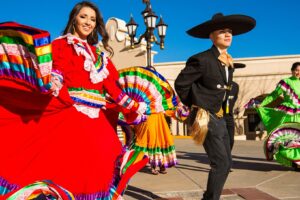 The origins of Mexican Independence Day trace back to 1810. On September 16, Miguel Hidalgo, a Catholic priest, launched the movement for freedom with his famous “Grito de Dolores” (Cry of Dolores). This act symbolized the demand for equality and the fight against Spanish oppression, leading to Mexico’s eventual independence in 1821. Celebrations honor this pivotal moment in Mexican history, emphasizing themes of liberty and unity.
The origins of Mexican Independence Day trace back to 1810. On September 16, Miguel Hidalgo, a Catholic priest, launched the movement for freedom with his famous “Grito de Dolores” (Cry of Dolores). This act symbolized the demand for equality and the fight against Spanish oppression, leading to Mexico’s eventual independence in 1821. Celebrations honor this pivotal moment in Mexican history, emphasizing themes of liberty and unity.
Cinco De Mayo
Cinco de Mayo celebrates Mexico’s unexpected victory over France at the Battle of Puebla on May 5, 1862. While widely recognized, it’s often misunderstood outside Mexico.
Origins And Misconceptions
Cinco de Mayo marks a significant military triumph rather than Mexican Independence Day, which falls on September 16. Many mistakenly believe Cinco de Mayo to be Mexico’s Independence Day. This victory against a better-equipped French army symbolized Mexican resistance and unity in the face of foreign intervention. Contrary to popular belief in the US, it’s not a federal holiday in Mexico.
Indigenous Mexican Culture
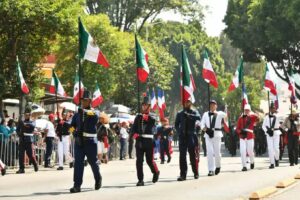 Mexico’s festivals and celebrations are a testament to its rich cultural tapestry and historical depth. These vibrant events offer a window into the country’s unique blend of indigenous and Spanish influences, showcasing traditions that have been cherished and preserved over centuries. From the somber yet joyful Día de los Muertos to the spirited revelry of Carnival, each celebration tells a story of resilience, unity, and cultural pride. As travelers immerse themselves in these festivities, they gain a deeper understanding of Mexico’s diverse heritage and the enduring spirit that defines its people.
Mexico’s festivals and celebrations are a testament to its rich cultural tapestry and historical depth. These vibrant events offer a window into the country’s unique blend of indigenous and Spanish influences, showcasing traditions that have been cherished and preserved over centuries. From the somber yet joyful Día de los Muertos to the spirited revelry of Carnival, each celebration tells a story of resilience, unity, and cultural pride. As travelers immerse themselves in these festivities, they gain a deeper understanding of Mexico’s diverse heritage and the enduring spirit that defines its people.
